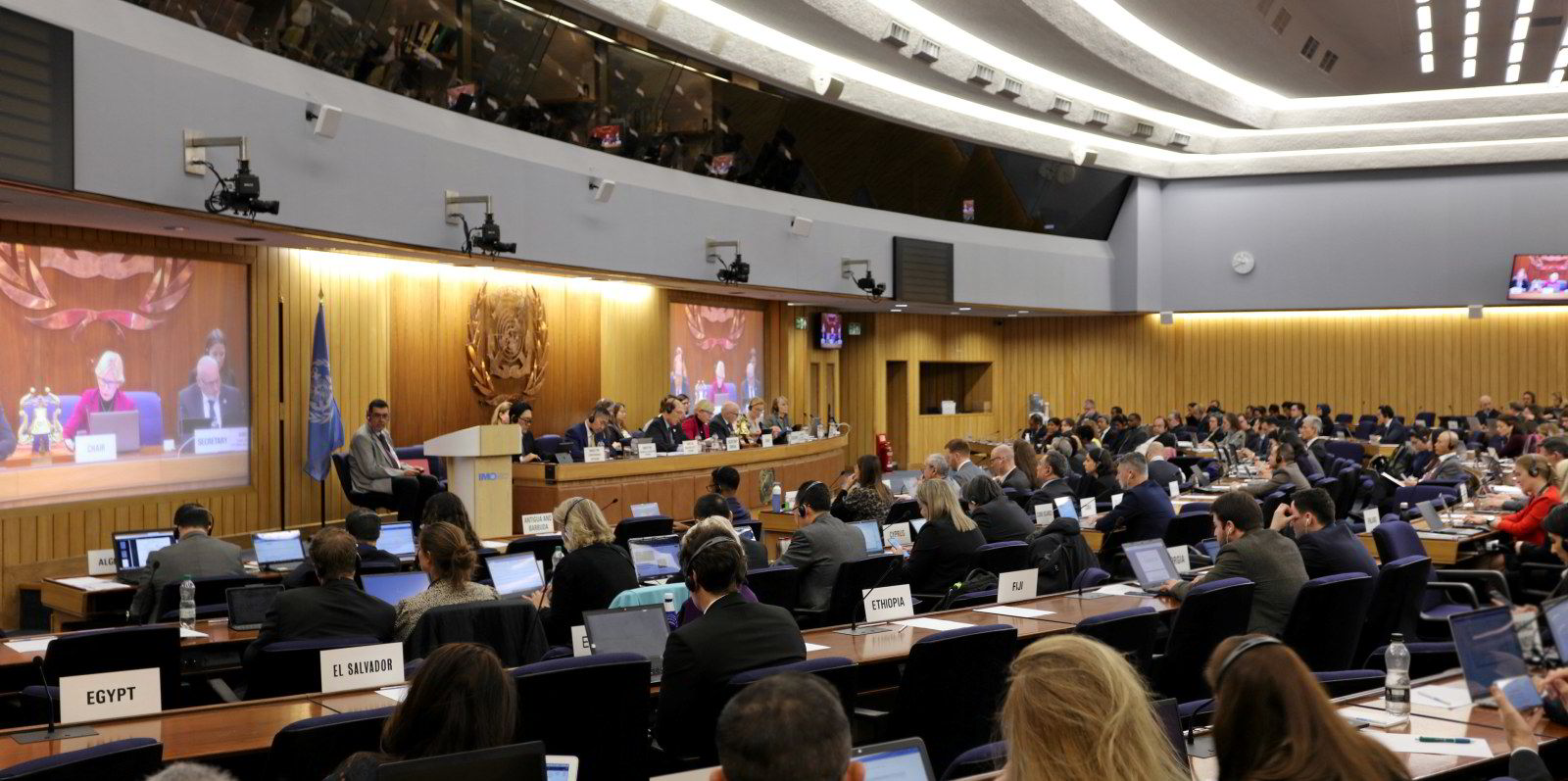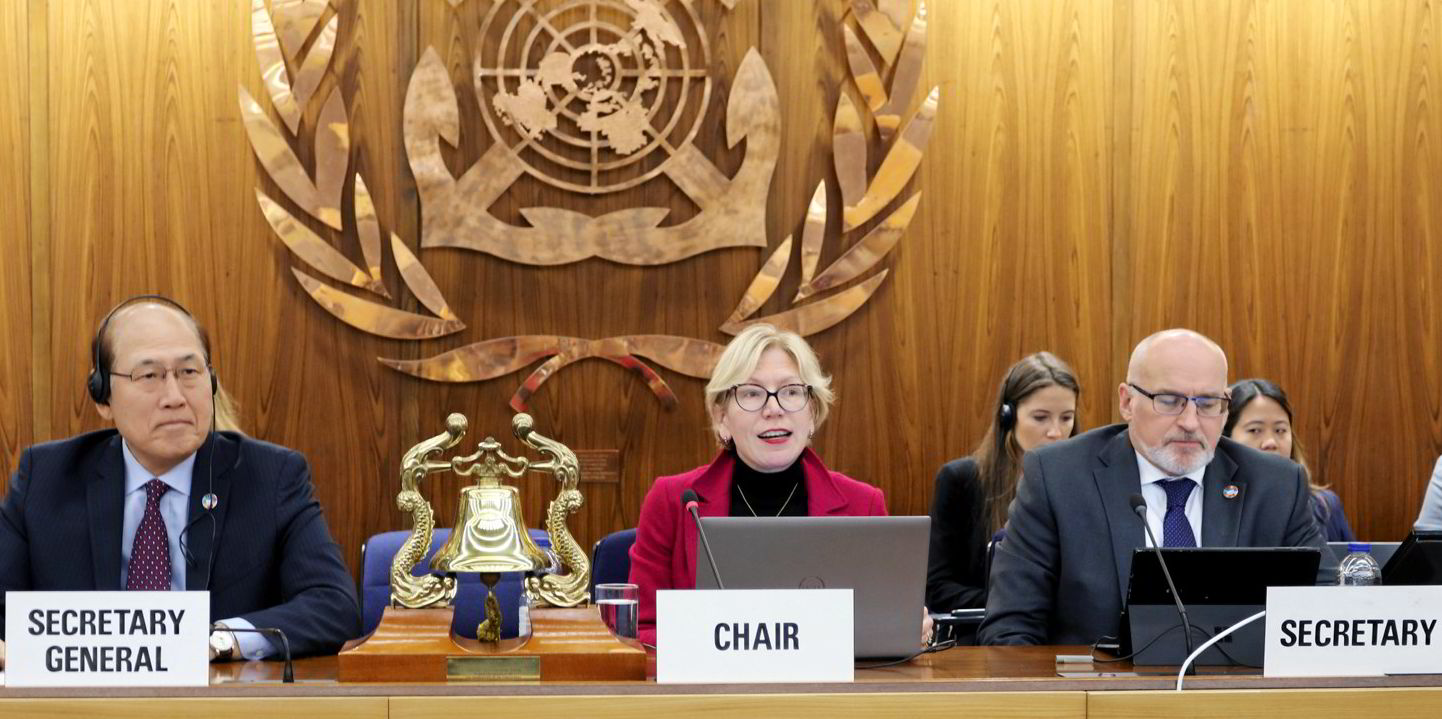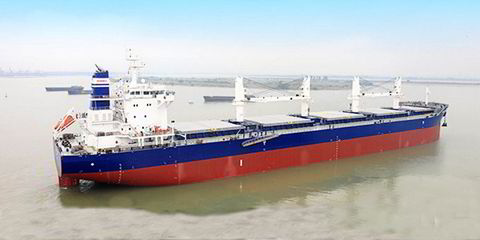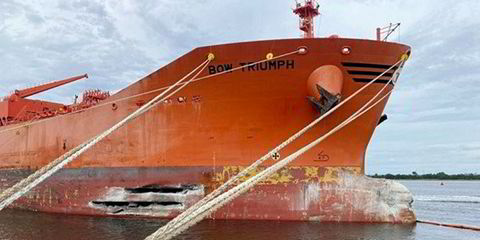Spain says it will intensify its work with other states to tighten restrictions on ship-to-ship oil transfers in international waters to limit the threat to vulnerable coastlines from damaging spills.
The country led calls at the IMO’s legal committee last week for more powers to be handed to coastal states over tanker operations even when they happen outside of their waters because of the potential impact of pollution.
The risk of a damaging spill has risen because of the involvement of elderly ‘dark fleet’ tankers in STS operations owing to the impact of sanctions imposed on the Russian oil trade.
Spain has been particularly affected by a spike in activity off the exclave of Ceuta in the Alboran Sea where aframax tankers have discharged Russian crude to VLCCs bound for Asia.
It said it will bring forward a resolution to the IMO’s main decision-making body in December to increase regulation of the trade.
“Until the assembly is held in December … Spain will intensify its international contacts to work on the proposal in close collaboration with other IMO member states,” the country’s ministry of transport said in a statement.
“A proposal that, without a doubt, will benefit the protection of the environment and maritime safety.”
The IMO regulates STS transfers and ships have to notify states of planned operations in their sovereign waters.
But Spain wants to expand the limits of state control owing to the “complex context” of the sanctions regime that has seen STS operations involving Russian tankers or oil “increasing outside of the Spanish maritime space, but in waters close to Ceuta.”
The authorities in Ceuta has already warned local businesses about potential sanctions breaches if they become involved in the trades. Some ships have been detained by European port state control that have been involved in transfers.
IMO member states last week discussed a paper introduced by the US, Canada and Australia calling for greater scrutiny by port state authorities and flag states on the operations.
They said the STS operations had been used to circumvent sanctions and to avoid higher insurance costs. The tactic has been used to hide the source or destination of oil cargoes and to avoid oversight by flag states, the report alleges.
It also expressed concern that the covert nature of some transfers undermined the principle of the polluter pays in the case of an accident.





